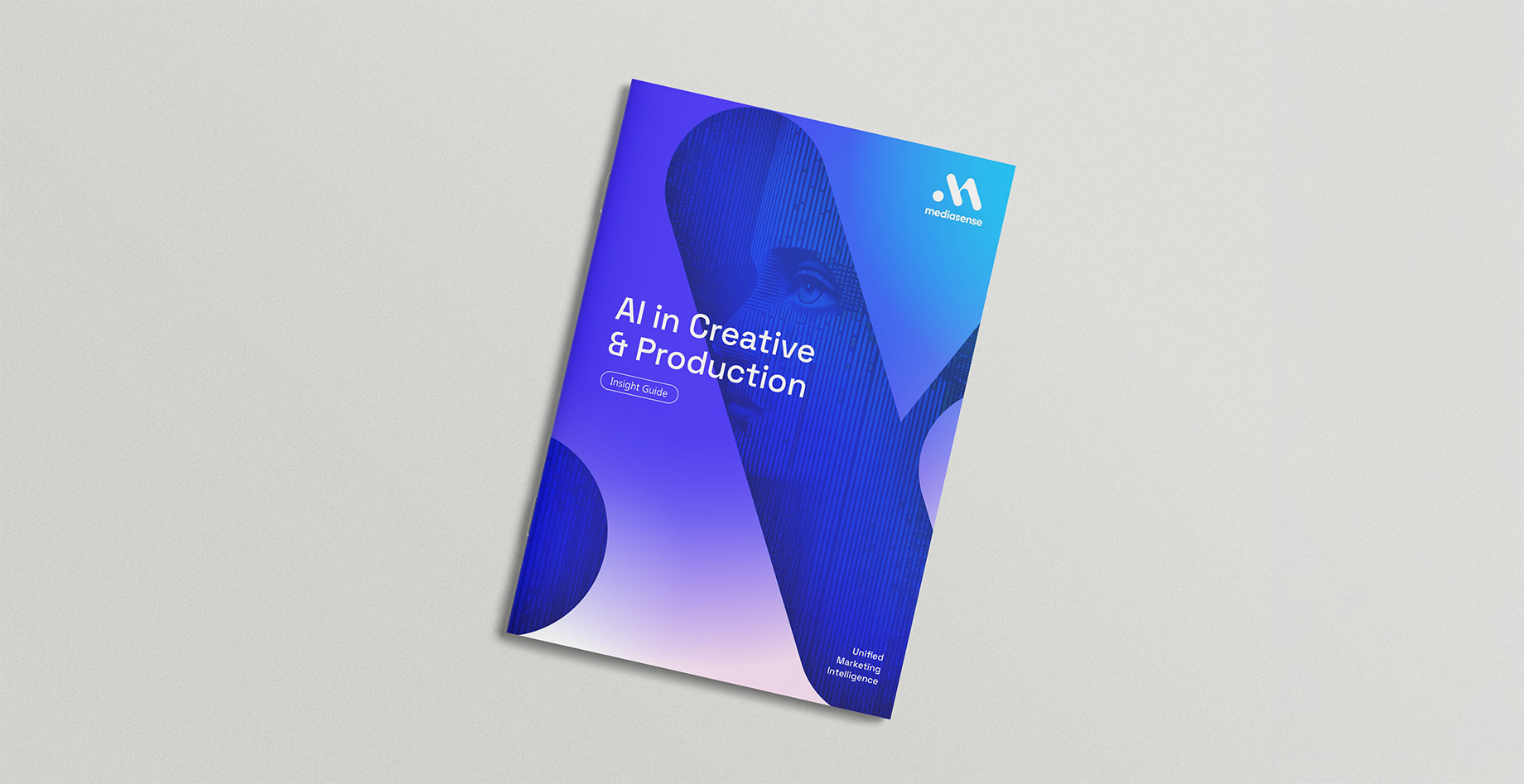AI in Creative Production
This guide examines AI’s evolving role in creative marketing, highlighting key challenges and opportunities, with practical insights and case studies to guide strategic adoption.

Generative AI is revolutionizing creative marketing by automating repetitive tasks and supercharging human ingenuity, empowering brands to accelerate efficiency, spark breakthrough innovation, and craft hyper-personalized consumer experiences. Achieving success requires organizations to strategically recalibrate talent and technology ecosystems while navigating complex ethical and operational landscapes, positioning AI as a powerful catalyst that enhances creativity, drives measurable impact, and secures sustainable competitive edge.
Key Takeaways:
- AI drives innovation and efficiency by automating routine tasks, but talent strategies must evolve to preserve essential human skills like imagination, strategic thinking, and storytelling.
- Effective AI integration requires cross-functional alignment between marketing, IT, and leadership teams, supported by thorough needs analysis and landscape reviews.
- Ensuring high-quality data and strong ethical governance is vital for producing accurate, fair, and brand-aligned AI-generated content.
AI-driven technologies are revolutionizing creative marketing by increasing efficiency and expanding creative possibilities. From automating content production to data-driven audience targeting, AI supports marketers in optimizing workflows and decision-making. However, this transformation demands careful talent management, as the balance shifts between human creativity and machine capabilities. Organizations must adapt by developing AI maturity in their teams, reorganizing workflows, and evolving performance metrics.
Generative AI operates across multiple creative levels, from high-level strategic ideation to algorithmic production, enabling brands to blend human imagination with cost-efficient execution. Platforms like Canva and TikTok have democratized content creation, empowering diverse creators to deliver high-quality outputs, often enhanced by AI tools. As AI adoption grows, companies face the challenge of selecting appropriate models, ensuring data quality, addressing ethical concerns, and investing in robust infrastructure.
Successful AI-driven campaigns, such as Heinz’s AI-powered ketchup visuals and Nestlé’s AI-extended Vermeer painting, demonstrate the power of creative innovation fueled by AI. Before implementation, stakeholders must align around needs, evaluate existing talent and tech stacks, map external solutions, and establish rigorous vendor evaluation processes to ensure effective, responsible, and scalable AI integration.
Report Highlights:
- AI-driven creative transformation: An overview of how generative AI automates routine tasks and enhances human creativity across marketing workflows.
- Talent and technology alignment: Guidance on evolving talent strategies and aligning technology infrastructure to optimize AI adoption and balance human-AI collaboration.
- Innovative campaign case studies: Insights from the top brands illustrating creative, AI-powered campaigns that blend innovation with brand storytelling.
Download your copy below:
Up next
In-Housing AI
A joint study from mediasense and the WFA reveals how gen AI is reshaping the in-house creative function, offering both promise and complexity.
The Future of the Media Organisation
Research from mediasense and the WFA reveals how leading brands are reimagining the role, structure and capabilities of their media teams - and where critical gaps still hold them back.
Marketing Measurement: Navigating the Path to Measurement Maturity
This guide offers a clear, structured approach to evolve marketing measurement, build maturity, and unlock smarter, more impactful decision-making – with an APAC companion piece for regional insights.